You’ve probably heard the term “Gen Z” at least once.
The idea of “Gen Z” actually comes from “Generation X.” That name became popular thanks to Douglas Coupland’s book “Generation X” from the late ’60s. Just like how “X” means something unknown in math, “Generation X” was named because people weren’t really sure what defined that generation.
After that came “Generation Y,” also called Millennials, who grew up around the year 2000.
Then there’s “Generation Z.” Gen Z are the young generation who grew up with smartphones, social media, and all things digital.
But here’s the thing: the way Gen Z talks can be tricky for Japanese learners. Don’t worry though—even native Japanese speakers, including some from that “mysterious” Gen X group, sometimes say Gen Z slang sounds like a whole different language!
So in this article, we’re going to break down some common Gen Z slang words and explain what they mean in a simple, easy-to-understand way.

1. ワンチャン (Wanchan)
Meaning: Maybe / There’s a chance / Possibly
Origin: A shortened form of “one chance.” Originally used among mahjong game players to mean “one last chance to make a comeback.” Today, it’s used in a broader sense to express the possibility that something might happen. “ワンチャン (Wanchan)” can be used for a wide range of possibilities—roughly anywhere from 30% to 90%.
Conversation Examples 1:
A:どうしよう、寝坊した!
Dō shiyō, nebō shita!
(Oh no, I overslept!)
B:急いだら ワンチャン 間に合うかもよ !!
Isoida ra wanchan maniau kamo yo!
(If you hurry, you might just make it!)
Conversation Examples 2:
A:最近、太郎からよく電話かかってくるんだよね。
Saikin, Tarō kara yoku denwa kakatte kurun da yo ne.
(Taro has been calling me a lot lately.)
B:彼、ワンチャン、あなたのこと好きなんじゃない!?
Kare, wanchan, anata no koto suki nan janai!?
(Maybe he likes you or something!?)
Conversation Examples 3:
Mother: お風呂に入りなさい!
Ofuro ni hairinasai!
(Take a bath!)
Child: ん~・・・ワンチャン明日の朝入るかも・・・
Nn~… wanchan ashita no asa hairu kamo…
(Hmm… might just do it tomorrow morning…)
Conversation Examples 4:
A:今日、飲みに行く?
Kyō nomi ni iku?
(Wanna go grab drinks tonight?)
B:いいね!ワンチャンあり!
Iine! Wanchan ari!
(Sounds good! Could be a maybe!)

2. ガチ/ ガチで (Gachi / Gachi de)
Meaning: Seriously / For real / No joke
Origin: Shortened from Gachinko Shoubu, meaning a serious or no-holds-barred match, originally used in sumo wrestling. Today, “gachi” means doing something with seriousness or intensity. When modifying a verb, the particle “で (de)” is required.
When modifying an adjective, both “ガチ (gachi)” and “ガチで (gachide)” are acceptable.
Examples:
- ガチかわいい。
Gachi kawaii
(It is seriously cute.) - ガチでつかれた。
Gachi de tsukareta.
(I exhausted for real) - ガチで告白するつもり。
Gachi de kokuhaku suru tsumori.
(I’m seriously gonna tell her I like her!)
A conversation could go like this:
A:聞いて!太郎が花子に告白したんだって!
Tarō ga Hanako ni kokuhaku shitandatte!
(Guess what — Tarō told Hanako he likes her!)
B:ガチで!?
Gachide!?
(For real!?)
C:ガチ、ガチ!
Gachi, gachi!
(Yeah, seriously!)

3. それな (Sorena)
Meaning: I know, right? / Totally! / For real. / Exactly! / That’s true!
Origin: Although the exact origin is unclear, it’s believed to come from the Kansai dialect phrase “ほんまそれな” (honma sorena), meaning “That’s so true.” Over time, “ほんま (honma / really)” was dropped, leaving just “それな (sorena).”
Conversation Examples 1:
A:このコース、コスパ最高だよね。
Kono kōsu, kosupa saikoo da yo ne.
(This course has the best bang for your buck.)
B:それな!
Sorena!
(I know, right?)
Conversation Examples 2:
A:あのドラマ最高におもしろいよね。
Ano dorama saikō ni omoshiroi yo ne.
(That drama is super fun!)
B:それな!
Sorena!
(Totally!)
Conversation Examples 3:
A:あの授業、ガチ宿題多い。
Ano jugyoo, gachi shukudai ōi.
(That class seriously gives way too much homework.)
B:それな。
Sorena.
(For real.)
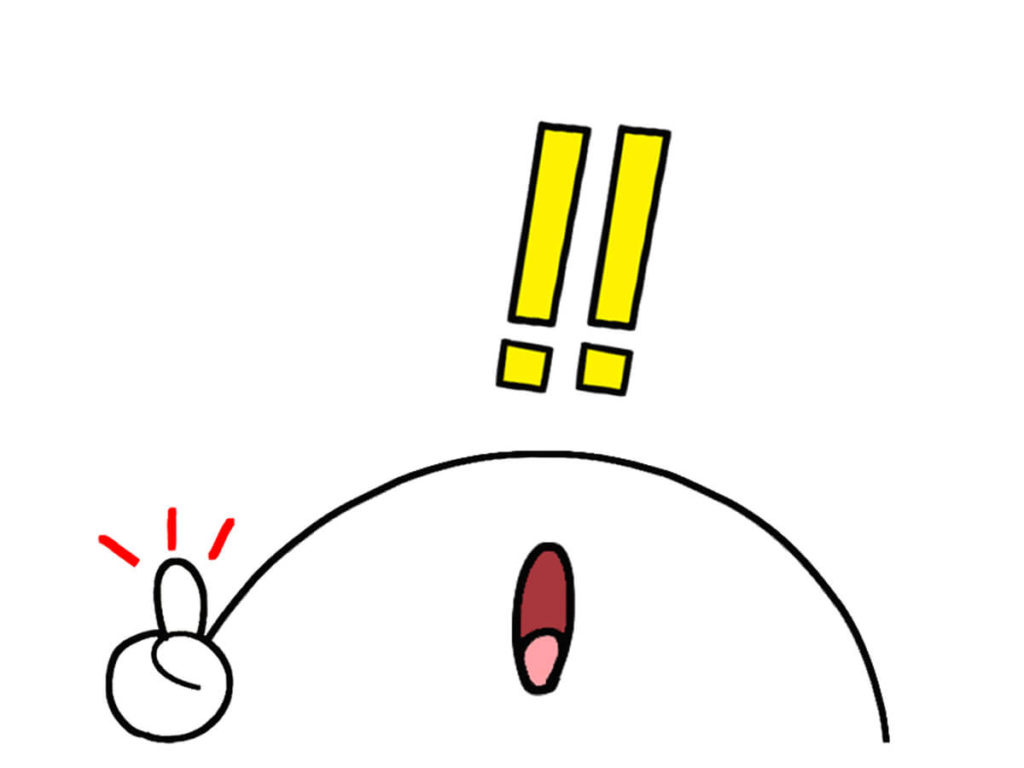
4. はにゃ? (Hanya?)
Meaning: Huh? / What? / What do you mean? (Said in a confused but cute way)
Origin: While many think it’s a recent term, it actually dates back to 1983, from the NHK children’s show O~i! Hanimaru. The main character, Prince Hanimaru, would say “はにゃ? (Hanya)?” when confused or surprised, tilting his head in an adorable way. In 2020, YouTuber Rei Maruyama brought the term back into trend through her videos.
Conversation Examples 1:
A:そんなにゲームばかりしてて大丈夫?明日テストだよ。
Sonnani gēmu bakari shitete daijoubu? Ashita tesuto dayo.
(Are you sure it’s okay to keep gaming like that? The test is tomorrow.)
B:はにゃ?うそでしょ!
Hanya? Uso de sho!
(Huh!? You’re kidding, right!?)
Conversation Examples 2:
A:明日、どこで待ち合わせる?
Ashita, doko de machiawaseru?
(Where are we meeting up tomorrow?)
B:はにゃ?何か約束してた?
Hanya? Nani ka yakusoku shiteta?
(Huh? We made plans? )
Conversation Examples 3:
A:パソコン持ってきてくれた?
Pasokon mottekite kureta?
(Did you bring your laptop? )
B:はにゃ?そんなこと頼まれてたっけ?
Hanya? Sonna koto tanomaretetakke?
(Huh? Did you ask me to?)

Final Thoughts
What do you think?
These slang words are usually used between close friends — not for bosses, elders, or work.
Language changes all the time. While we respect the beauty and politeness of traditional Japanese, let’s have fun exploring and enjoying new words from each generation!
I live in Osaka and volunteer as a Japanese teacher. After I retire, I’d love to live in Malta in the Mediterranean or on Yakushima Island in Japan someday.

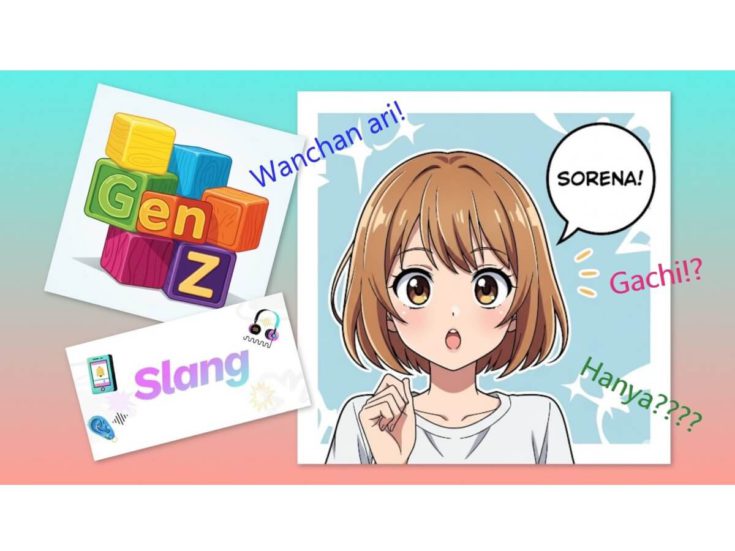
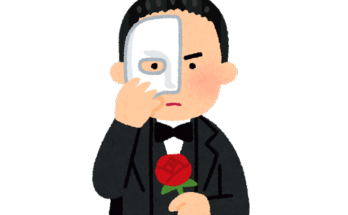
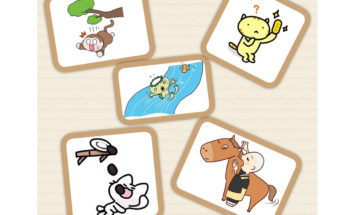
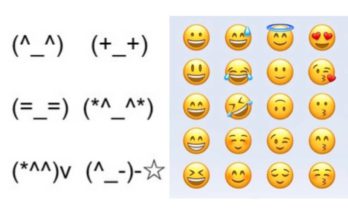
 HTJ has a YouTube page! Check it out
HTJ has a YouTube page! Check it out
Hi Akiko,
I loved this article! It’s right up my alley! There are several reasons why I think it’s a great article:
1. It’s a fascinating topic about how language evolves. New words are being added and old ones fade away all the time.
2. Your writing style is so conversational; it’s as if you’re talking directly to me. That style is hard to achieve and you do it so well!
3. You not only introduce new words but also give examples and how to use them so we can practice.
While I don’t think I’d ever use these words, it’s good for me to know them in case I ever run across them in my encounters with young people.
Hi Manning!
Thank you so much for reading my article and for sharing your detailed thoughts!
I’m so happy you liked it!
Thanks to my kids, I can keep an eye on new words, but yeah, in just a few years their conversations might already sound outdated to the next generation… maybe Gen A!?
I think I can use some of these words with my students and surprise them.
Thanks for the comment, Navi san!
When you use these slang expressions, make sure you use them with younger people! Even if they’re Japanese, I don’t think older folks would understand them😂